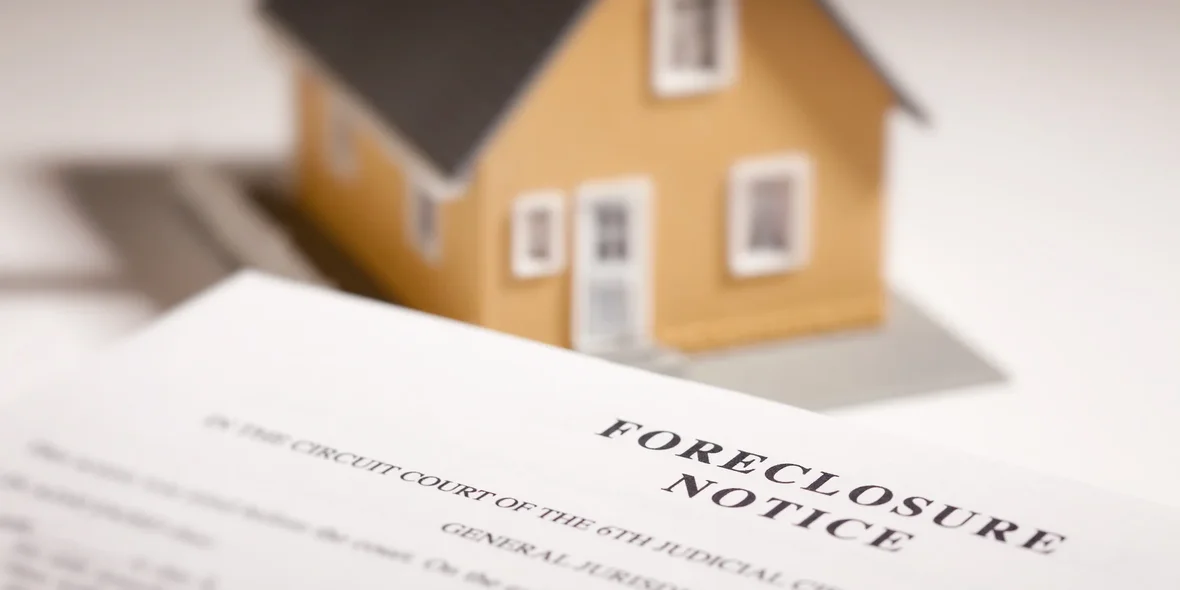
Alienation of Real Estate: Legal Forms, Documents, Risks
Alienation of real estate is the legal process of transferring ownership of a real estate object from one person to another. Most often, alienation occurs in the case of the sale of real estate, transfer of property under a gift agreement, inheritance and exchange.
The Main Forms of Alienation
Real estate property can be transferred through several methods, each with its own characteristics and requirements.
Real Estate Sales
Property transfer occurs through a purchase agreement that can be in simple written form or notarized. The new owner must register their rights. Required documents, as a rule, include passports of both parties, ownership certificate/extract, technical passport, and spousal consent for marital property. Main concerns include potential encumbrances and transaction validity issues.
Donation
This involves free property transfer, with gifts between close relatives being tax-exempt. The donation agreement requires state registration. Necessary documents include passports of both parties, the donation agreement, and property extract. The primary risk is potential challenges from third parties like other relatives.
Inheritance
Ownership transfers either by will or legal succession order, with notaries issuing inheritance certificates. Required documents include the will (if available), testator’s death certificate, and kinship documentation. Common problems include heir disputes and potential debts attached to the inherited property.
Exchange (Barter)
This method uses an exchange agreement outlining terms, possibly including additional payment for value differences. Documents needed include the exchange agreement and documentation for both properties. Value disagreements present the main risk.
The alienation process may lead to disputes among owners or heirs, particularly when documentation errors occur. Such situations can result in invalidation and subsequent litigation.







